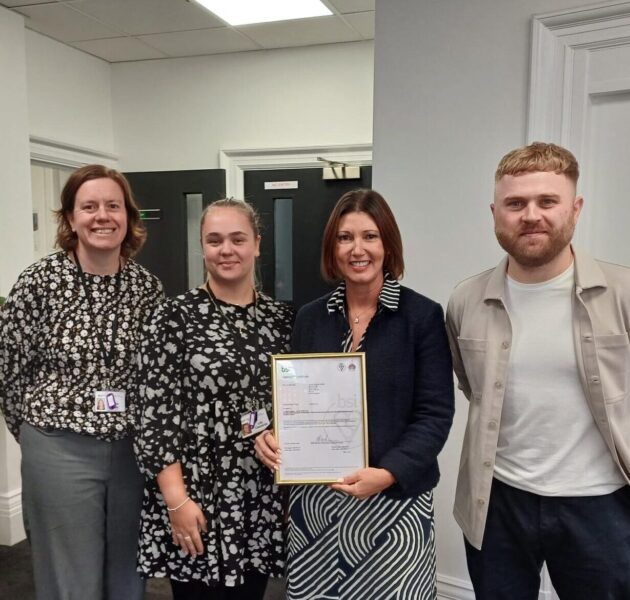Tackling rough sleeping and homelessness is not just a housing or cost of living issue, the crisis affects health, stability, and independence as well as causing social isolation. Thousands of people in the UK sleep rough every single night. Even more struggle in temporary or insecure accommodation, uncertain of where they will be next week or even tomorrow.
In 2024, 360,000 households were forced to turn to their councils for help, with reasons ranging from sudden job loss to relationship breakdowns or unexpected financial emergencies. Individuals, families, and vulnerable groups are having to face hardships with insufficient support.
In order to create change, we need to tackle homelessness to build stronger, safer, and healthier communities. Here is why supporting rough sleepers and those at risk of homelessness should be a priority.
- Homelessness can be life threatening
People experiencing long-term homelessness are 8-12 times more likely to die prematurely, often from preventable health conditions such as chronic cardiovascular disease, respiratory illnesses, and untreated mental health issues. Exposure to the elements, malnutrition, and violence make life on the streets incredibly dangerous. - Inaction is a greater cost than prevention
Homelessness doesn’t just affect individuals, it also creates strain on public services. Emergency healthcare, policing, and temporary accommodation all come at a high cost. Studies have shown that preventative measures such as early intervention funding, housing support, and employment assistance are far more cost-effective than supporting the consequences of homelessness. Supporting people before they reach crisis point can save lives and reduce the financial burden on the economy. - Homelessness can be preventable
The majority of the time homelessness is caused by systemic issues such as lack of affordable housing, sudden economic hardship, or gaps in mental health support. Many people find themselves homeless due to circumstances beyond their control, such as a job loss, illness, or the breakdown of a relationship. With the right interventions, many cases of homelessness can be prevented entirely. - The building blocks for rebuilding lives
For people experiencing homelessness, stable housing is the first step towards recovery. It provides the security needed to find employment, access healthcare, and reconnect with family or support networks. Without a stable home, it’s nearly impossible to address the other challenges, mental health, addiction, or unemployment, that many homeless individuals face. - Collective support to create change
Through targeted funding, strategic partnerships, and community-based support, we can ensure that people receive the help they need before they fall into homelessness. It isn’t an issue that councils, charities, or the government can solve alone it requires a collective effort.
Together we can ensure people do not have to sleep on the streets. By investing in prevention, providing safe and stable accommodation, and tackling the root causes of homelessness, we can build a society where everyone has the chance to succeed.














